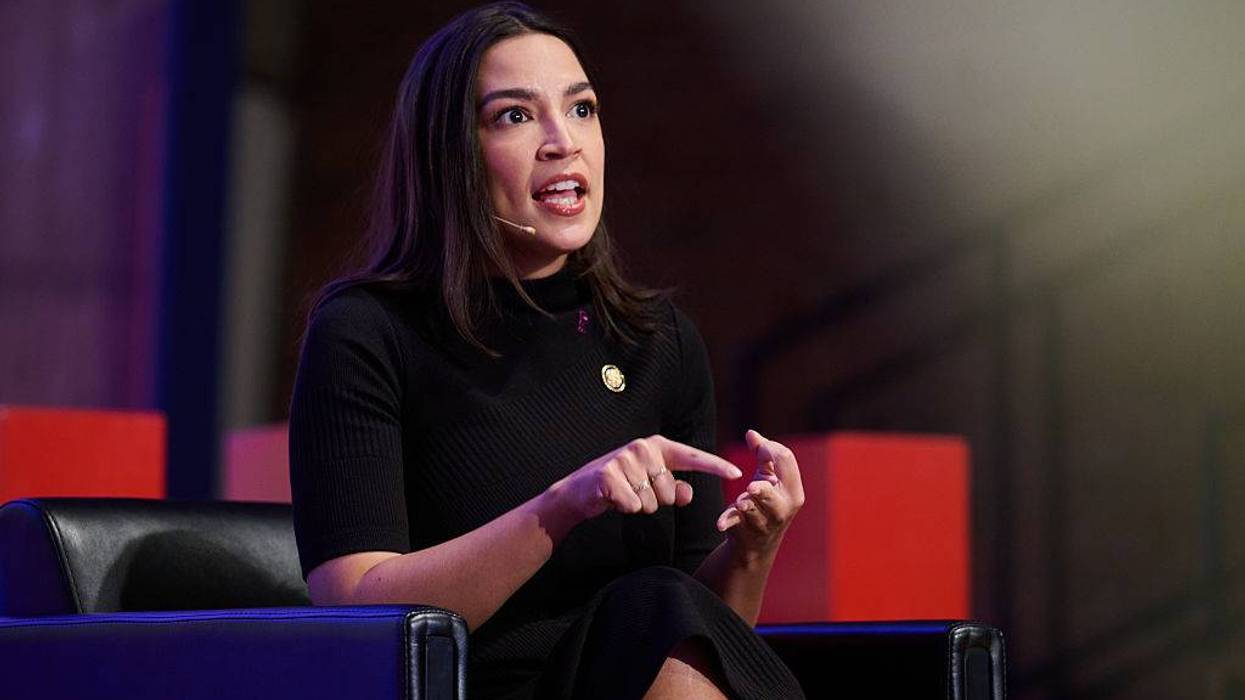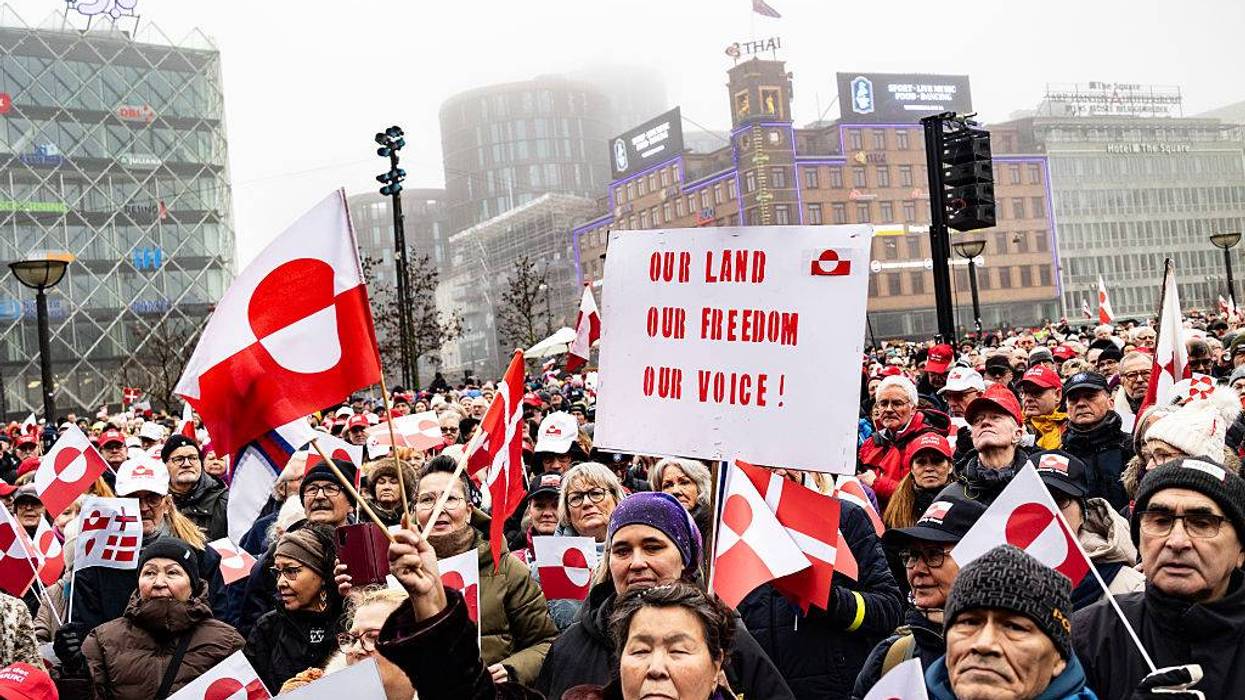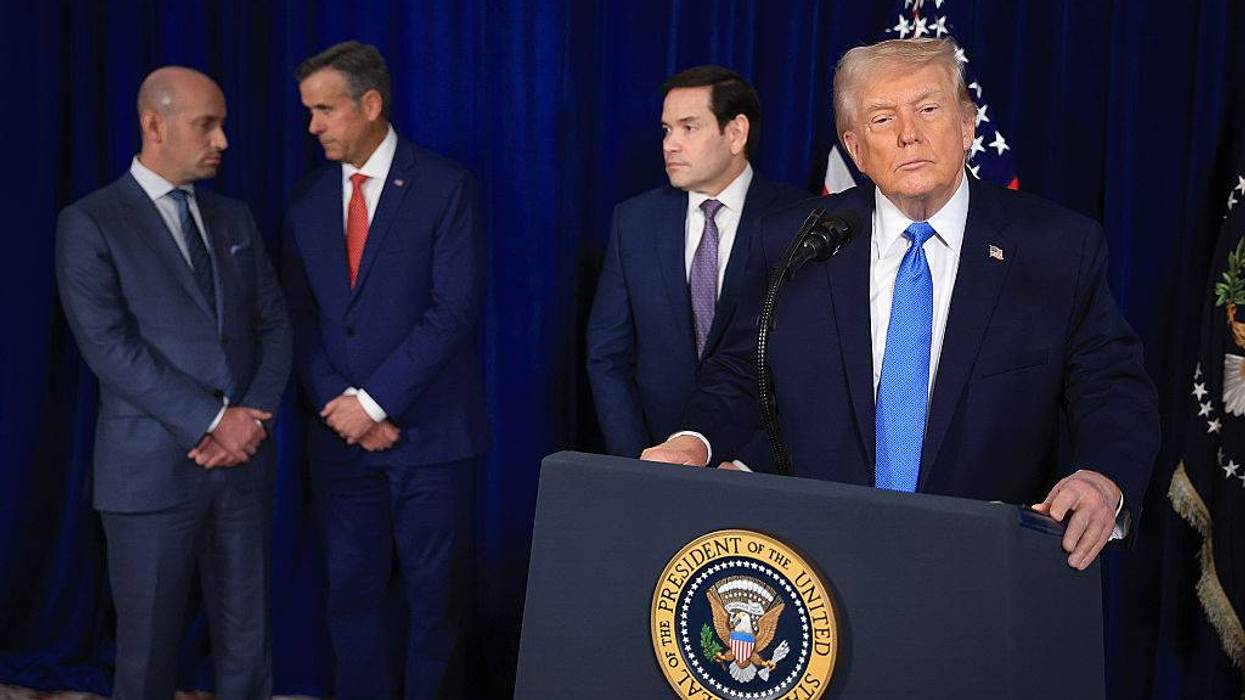Specifically, the EU has an "anti-coercion instrument" that the Times writes "could be used to slap limitations on big American technology companies or other service providers that do large amounts of business on the continent."
Enacting this policy would dramatically escalate tensions between the US and its European allies, but some international relations experts think the EU might have little choice given Trump's fixation on seizing the self-governing Danish territory.
"This is just all brute force,” Penny Naas, an expert on European public policy at the German Marshall Fund, told the Times. “The president really wants Greenland, and he's not backing off of it.”
Bernd Lange, a German member of European Parliament, said in a social media post that European leaders could no longer try to appease Trump with concessions given his overt aggression and urged the EU to respond with maximum retaliation.
"New US tariffs for several nations are unbelievable," he wrote. "This is no way to treat partners. A new line has been crossed. Unacceptable. POTUS is using trade as an instrument of political coercion. The EU cannot simply move on to business as usual."
German Finance Minister Lars Klingbeil also signaled on Monday that European nations are at the end of their rope when it comes to Trump's relentless threats against them, reported Bloomberg.
“We are constantly experiencing new provocations, we are constantly experiencing new antagonism, which President Trump is seeking, and here we Europeans must make it clear that the limit has been reached," said Klingbeil. "There is a legally established European toolbox that can respond to economic blackmail with very sensitive measures, and we should now examine the use of these measures."
European officials said in a report published by Politico on Monday that they were considering fully breaking with the US over Trump's demands of territorial concessions, as they no longer feel that the US can be a trusted international partner.
"There is a shift in US policy and in many ways it is permanent," said a senior European government official. "Waiting it out is not a solution. What needs to be done is an orderly and coordinated movement to a new reality."
Europeans aren't the only ones criticizing Trump's latest actions, as Melinda St. Louis, director of Global Trade Watch at US-based government watchdog Public Citizen, said the president's latest tariffs over Greenland show that he has never cared about protecting American jobs, but only about exerting power.
"Misusing tariff authority over his wildly unpopular and head-scratching imperial claim of right to Greenland shows just how little he cares for the everyday struggles of Americans and undermines the legitimate uses of tariffs," said St. Louis.




